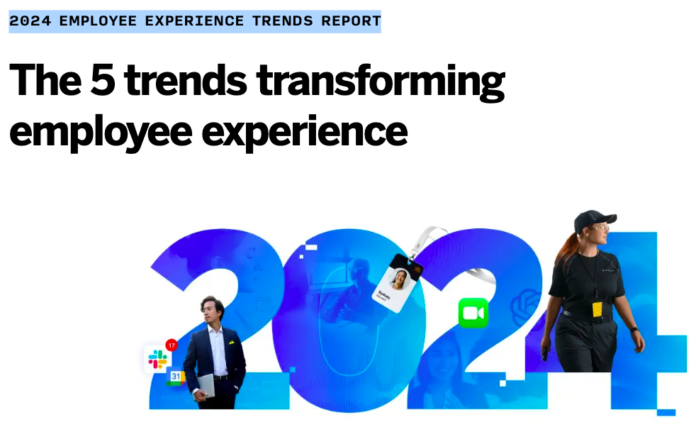The indicators of an optimal employee experience in Singapore have stalled over the last 12 months as workers continue to experience evolving hybrid work arrangements against a backdrop of economic uncertainty and transformation.
Qualtrics’ 2024 Employee Experience Trends Report has revealed that after three years of noticeable improvements through the pandemic, the latest edition of the annual study shows workers across Singapore say there has been minimal uplift to the key indicators such as engagement, exceeding expectations, intent to stay, inclusion, and well-being.
The study delves into the thoughts and feelings of 37,000 employees worldwide, including 14,500 employees across the Asia-Pacific region and Japan.
This trend in the indicators of employee experience is reflected across Southeast Asia — with scores declining in Malaysia, Thailand, and the Philippines — highlighting the need for organisations to re-focus towards people-centricity.
“At a time when Singapore is trying to lift productivity, cement its position as a major global and regional innovation hub, and operate through uncertainty and tight labor markets, improving employee experience is one of the most important and impactful steps towards achieving these goals,” said Cecelia Herbert, principal XM Catalyst at Qualtrics XM Institute.
Herbert said there is a well established connection between employee engagement and organisational performance — from innovation and profitability, through to better customer service and employee health outcomes.
“Organisations that maintain their people-centric focus, and effectively enable their teams to do great work, will be the standout performers in years to come,” she added.
The report’s findings to reveal emerging trends in Singapore the workplace.
One, some time in the office is better than none — unless it’s five days. Employees in hybrid working arrangements have the highest levels of engagement and feelings of well-being and inclusion in comparison to employees who work full-time in the office or remote.
Two, employees would rather AI assist them than evaluate them. Workers are more comfortable with AI in the workplace when they have a sense of control over it, such as for writing tasks (69% of employees would use AI for this), as a personal assistant (63% of employees), and contacting support functions (51%).
In situations where decisions are being made about them, workers are much less comfortable, like performance evaluations (40%), hiring decisions (35%), or seeking education (29%).
Three, frontline employees like cashiers, restaurant servers, and retail workers are unhappy, poorly supported and least trusting.
Compared to all employees, they don’t feel their basic pay and benefits needs are being met, they lack support to effectively do their job, but don’t feel they can propose changes to the way things are done.
Four, the new job honeymoon phase has vanished. Only 34% of HR leaders prioritise onboarding new employees to fully integrate them into the company. With many of these new employees excluded from annual engagement surveys, organisations may be missing critical information for retaining their newest hires.
And five, employees are comfortable sharing work emails and chats for an improved employee experience, but more ambivalent about social media posts being used.
This change comes as recent advances in feedback technology give organisations new ways to find out how employees are doing beyond engagement survey. Unlike directly solicited feedback, “passive listening” does not require extra effort from employees but still provides critical insights.
















